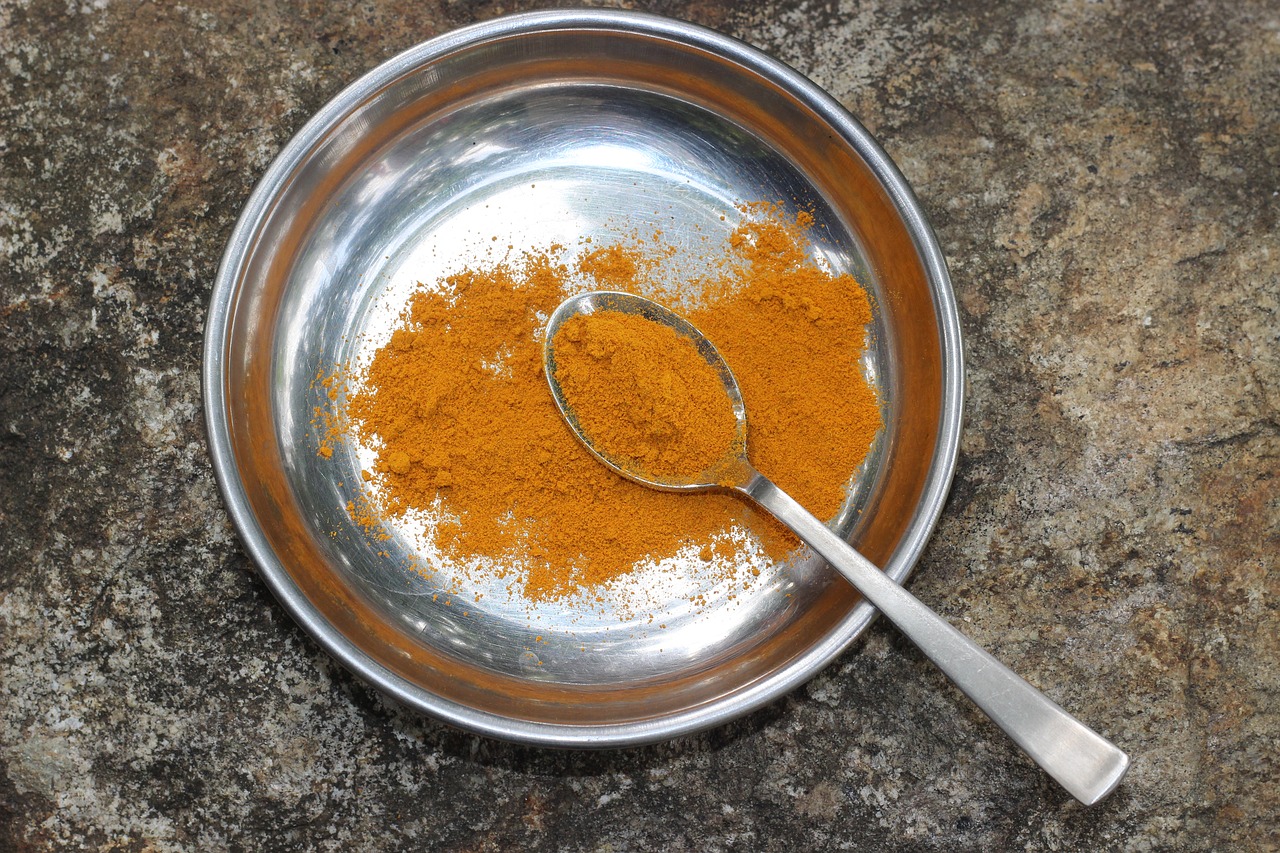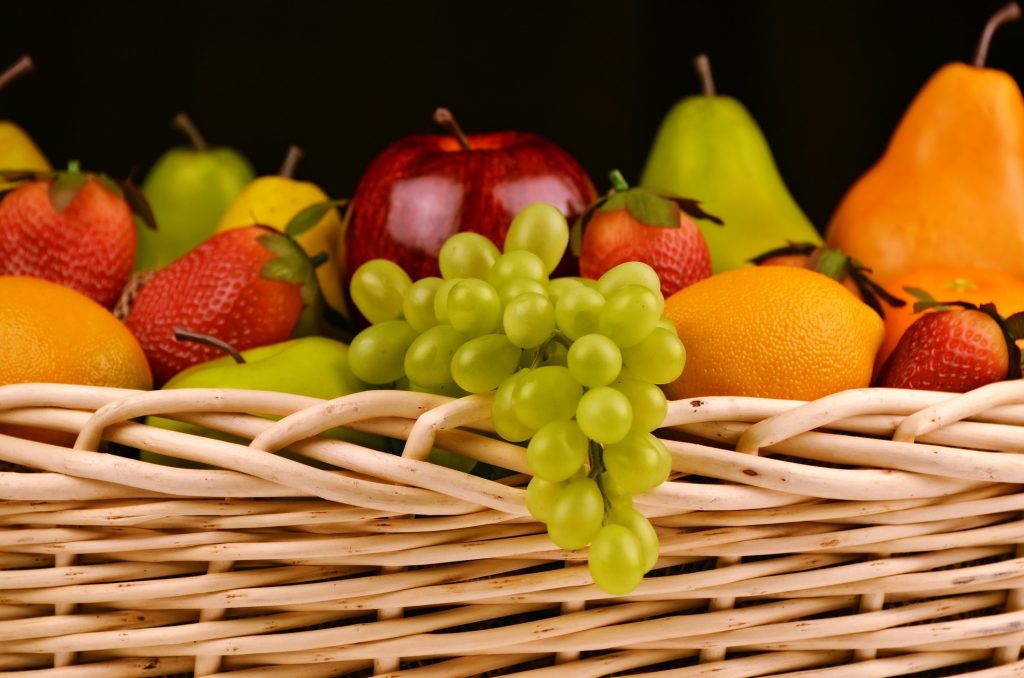Inflammation is a complication that usually results in the reduced functioning of the cell and causes pain as the cell grows. This biological response occurs when the cells of the body are exposed to harmful pathogens or stimuli such as bacteria, viruses, and free radicals (free oxygen atoms in the bloodstream). Studies and research have shown that chronic inflammation can lead to disease like diabetes, metabolic syndrome, heart disease, and kidney disease.
Some of the symptoms of inflammation include pain, swelling, heat, redness, and loss of function, all of which one should be concerned about. However, the best way to tackle and prevent inflammation or an inflammatory response in the body is with the help of a healthy and balanced diet that includes food items that can lower the inflammatory response of your body.
Although, the first step to tackling inflammation should be to take note of what your daily diet is like, and then start the process of eliminating the foods that you think might be leading to inflammation in your body. Here is a list of a few items that you should consider adding to your diet to prevent inflammation. These food items will surely help you design a perfect anti-inflammatory diet.
Table of Contents
Anti Inflammatory Foods
Since it has been mentioned that inflammation is caused by the attack of external pathogens or free radicals on the body’s cells, it must be clear that this list of powerful anti-inflammatory foods contains food items that are good for your immune system and also have a strong anti-oxidant property. Let’s take a look at a few of these items:
1. Olive Oil
The health benefits of olive oil for our body, skin and hair have been written about time and again. Apart from being loaded with good fats, a property that makes it a much healthier meal option as compared to other vegetable oils, olive oil also has high antioxidant property that not only helps in managing your blood cholesterol but can also makes it a great anti-inflammatory option by reducing the risk of free-radical induced inflammation in the body.
Since the main anti-inflammatory effect of olive oil is a contributory factor of its anti-oxidant content, it would be more helpful for you to know exactly what it is that helps in the reduction of inflammation. The most vital anti-oxidant present in olive oil is called oleocanthal, which is also an additive that is used in prescription anti-inflammatory drugs. In addition to that, oleic acid (the fatty acid present in olive oil), is also shown to reduce the level of inflammation (1).

2. Tomatoes
With essential nutrition packed inside them, tomatoes are without a doubt, a powerful anti-inflammatory item in addition to being a healthy part of your diet. Rich in vitamin C and potassium, the intake of tomatoes can help in the strengthening of your immune system too.
Apart from that, another powerful antioxidant, known as lycopene, can be found in tomatoes. Lycopene is a powerful agent that helps in the reduction of inflammatory compounds present in the system, thus reducing the overall risk of inflammation.

3. Peppers
Pepper shouldn’t be considered just for its flavorful impact on your meal. Sure, it brings a certain sensation of heat that satisfies your craving for something spicy, but there are also other reasons that you should consider, out of which the anti-inflammatory nature of pepper is the top most factor.
Both bell peppers and chili peppers have an abundance of antioxidants that help in the reduction of the body’s inflammatory response. Compounds such as Quercetin and Sinapic acid are a few examples of powerful antioxidants present in this wholesome and flavorful food item.
Also Read: A To Z Of Antioxidant-Rich Food | Complete List Of Food Items To Fight Free-Radicals
4. Turmeric
The anti-inflammatory property is just one of the many beneficial characteristics that are associated with the consumption of turmeric. Thanks to the presence of a compound called curcumin, turmeric is known for combating the high inflammation response of the body. This spice can be effective in the treatment of heartburn, arthritis, joint pain, and kidney problem.
The natural addition of turmeric as a flavoring in various dishes makes it a rather easy and efficient anti-inflammatory food item to come across.
We reviewed and tested 9 popular brands of Turmeric in India to check for the presence of curcumin in each. Read our review to find out which turmeric brand won.

A compound called curcumin, which is abundantly present in turmeric, can act as a powerful anti-inflammatory agent.
5. Green Tea
High in antioxidants, green tea is a must add to your diet. As the least oxidized variant of tea, there is no doubt in the fact that green tea contains the highest concentration of antioxidants. A common antioxidant present in green tea known as Epigallocatechin Gallate, or simply ECGE, is responsible for reducing the production of pro-inflammatory compounds such as a cytokine.
Furthermore, this antioxidant also helps in lowering the risk of free-radical damage to the fatty acids present in the cell, which further reduces the risk of free-radical induced inflammation.
Also Read: Varieties Of Green Tea | Is Green Tea Healthier Than Black Tea?
6. Cocoa And Dark Chocolate
Opting for a diet that is loaded with anti-inflammatory foods does not mean that you have to get rid of other items that could satisfy your sweet tooth. In fact, cocoa, apart from its sweet and deliciously-bitter taste, is known for its antioxidant-packed nature that contributes towards its various benefits (one of them being its anti-inflammatory property. Flavanols are a specific type of antioxidant present in chocolate, which is responsible for reducing the inflammatory response of the cells to the attack of free-radicals.
However, it is also important to note what type of chocolate you have chosen, for the amount of flavanols is directly proportional to the quantity of cocoa present in the chocolate bar, thus, dark chocolate, which is made up of 70% cocoa, is said to be a healthier option.

Dark chocolate, thanks to its rich cocoa content, can be an effective anti-inflammatory addition to your diet.
7. Grapes
Fruits like grapes are not only nutritionally dense, but they also have a significant amount of resveratrol, a compound that is usually associated with various benefits of grapes, including its anti-inflammatory properties. As a great source of powerful antioxidants, the skin of this fruit is responsible for effectively lowering the risk of antioxidant induced inflammation along with protecting you from other chronic conditions.
8. Berries
Berries are packed with antioxidants, vitamins and minerals. Berries, even though small, have huge health benefits. Strawberries, blueberries, raspberries and blackberries contain an antioxidant called as called anthocyanin, which helps in reducing the inflammation. This can further lead to reduction in the risk of heart disease. Berries can be added to smoothies, milkshakes, or turned into smooth sorbets and ice creams.
9. Fatty Fish Like Salmon
According to a study, Omega-3 polyunsaturated fatty acids (n-3 PUFAs) have been linked to lowered inflammation levels. Fish, especially the ones that are loaded with omega-3 fatty acids act as a great anti-inflammatory food.
Fishes like salmon, mackerel, tuna, and sardines are a great source of omega-3 fatty acids. If you are not a fan of eating fish, lot of fish oil supplements are also available in the market which can be substituted with fish. These fatty fishes are best when grilled, smoked or steamed, served with a side of some vegetables.
10. Broccoli
You cannot go wrong with some broccoli. Broccoli contains sulforaphane which is a powerful antioxidant and had anti inflammatory effects. Broccoli and other cruciferous vegetables like cauliflower and kale may help reduce inflammation which will further lead in reducing the risk of heart disease.
How to eat broccoli – Broccolis are a deliocus vegetable when made the correct way. You can eat broccoli in many ways – steamed, grilled, boiled or stir fried. You can even add them to a smoothies or a soup. Turn them into a ‘pesto’ for a tasty pasta dish.
Also Read: Amazing Health Benefits Of Broccoli You Should Know
11. Avocados
Avocados aren’t just a social media fad, they are a super food for a reason. Avocados contain potassium, magnesium, fiber and heart healthy fats that may help reduce inflammation.
How to eat avocados – You may add avocados to a salad, in a smoothie, turn them into a guacamole dip or even put it on a toast with some tomatoes and pepper.
12. Mushrooms
Mushrooms, in general, are low in calories. Even though there are hundreds of mushroom varieties around the world, portobello mushrooms and shiitake mushrooms are particularly very low in calories. Mushrooms are also rich in selenium, vitamin B and copper which can provide anti-inflammatory protection.
The Mediterranean diet might just be a perfect way for you to reach your healthy lifestyle goal. The Mediterranean diet is rich in fiber, protein, vitamins, and healthy fats. Read more to know about this diet.
The Takeaway
Now to summarise, you need to plan your diet as per your body’s requirement. Antioxidant rich foods can be beneficial in various ways, for not only do they aid in the risk-reduction of diseases related to inflammation, but they also help in keeping your cells healthy and protected from the attack of free radicals. We have discussed some of the major anti-inflammatory food items that must be included in your diet. Adding a huge portion of fresh fruits and vegetables, some nuts and seeds to your daily diet is always recommended.
On the other hand, another aspect of a healthy lifestyle is heavily based on the concept of a balanced diet. So whatever item you chose for the reduction of your body’s inflammatory response and the strengthening of your immune system, it is advised that you regularly take note of your nutritional consumption. Not only diet, but taking care of your exercise routine is a must too.
FAQs About Anti Inflammatory Foods
Can raw spinach cause inflammation?
No, spinach does not cause inflammation. On the contrary, spinach is an anti inflammatory food and good for your body. When taken in decent amounts, spinach can help prevent inflammation in the body.
Fresh green leafy vegetables like spinach are a must have in your daily diet.Which foods cause inflammation?
Here is a list of foods that you should avoid –
1. Sugary foods – Foods that contain a lot of white refined sugar, corn syrup, sugar syrup can cause inflammation.
2. Trans fats – Food with artificial trans fats like margarine can lead to inflammation in the body which further increase the risk of heart disease.
3. Processed meat – Consuming too much processed meat like sausages, bacon and ham can put you at risk of many diseases. Eating too much of processed foods can hamper with your digestive system.
4. Excessive alcohol – Alcohol can hamper liver function which can further lead to inflammation.
5. Saturated fats – Excessive of pizzas, fried food, burgers can further trigger inflammation.
Disclaimer – This content including advice provides generic information only. It is in no way a substitute for qualified medical opinion. Always consult a specialist or your own doctor for more information before making any dietary changes.


